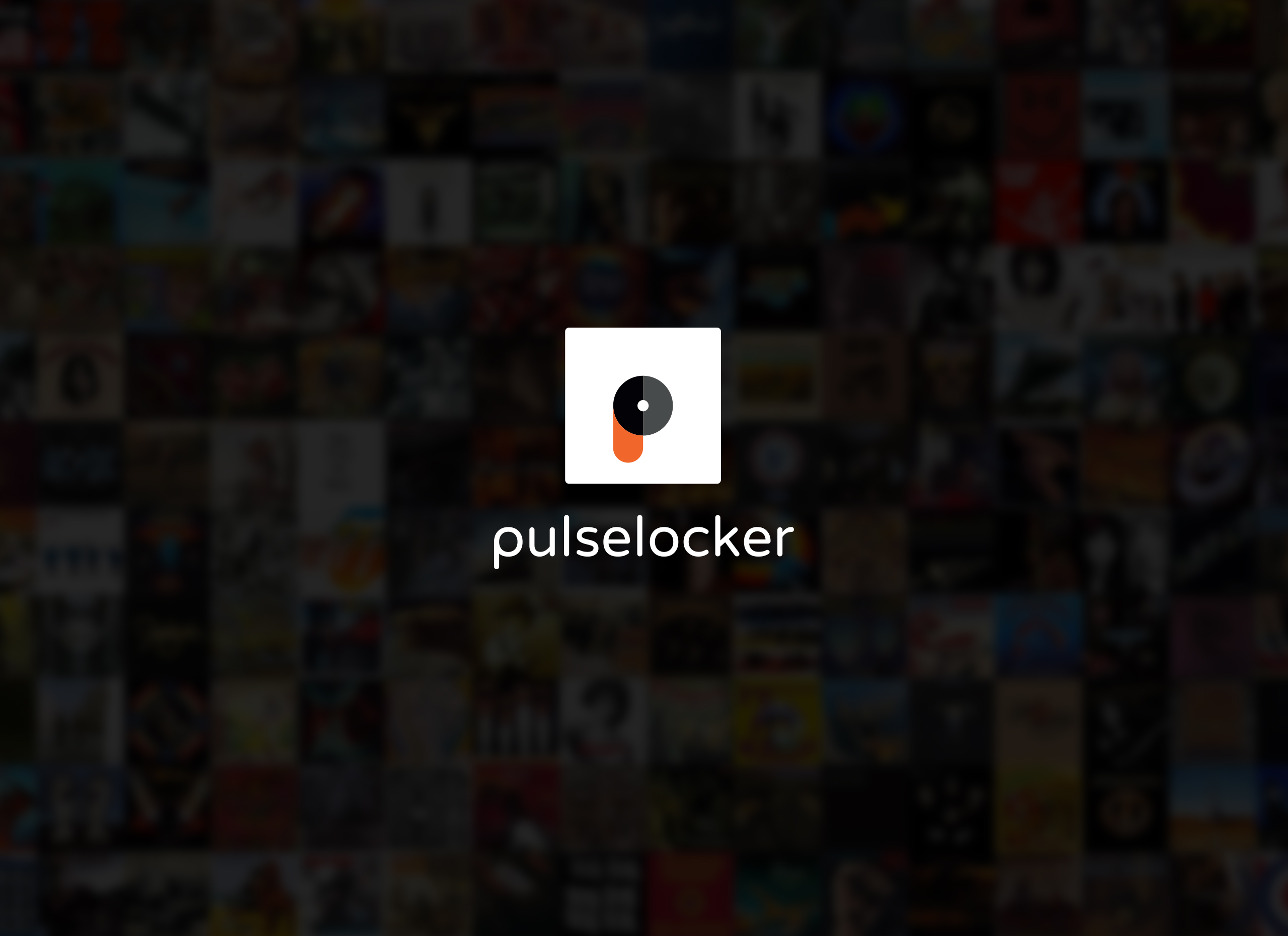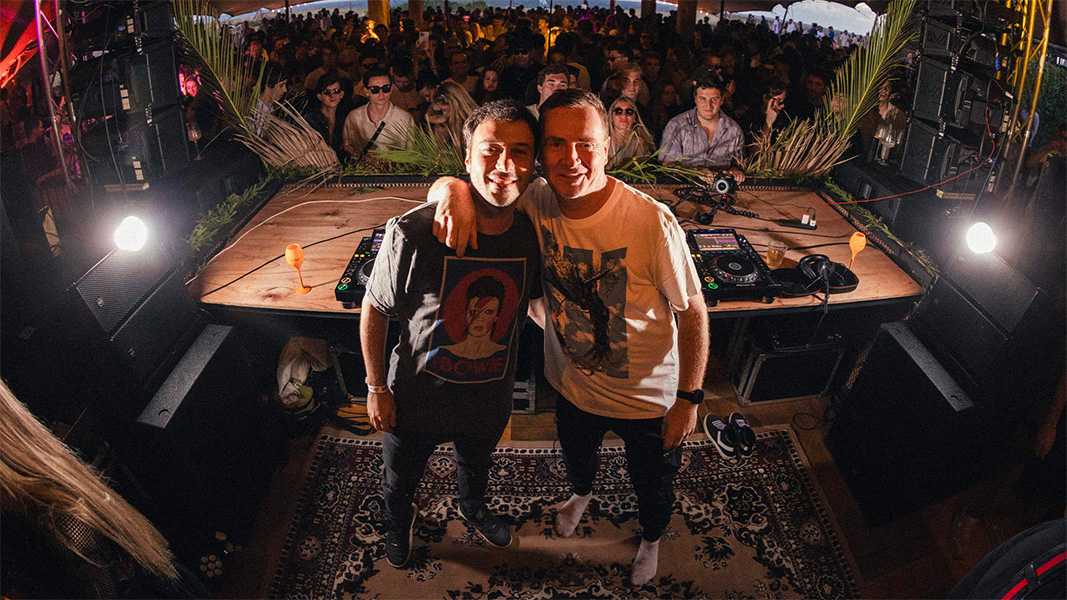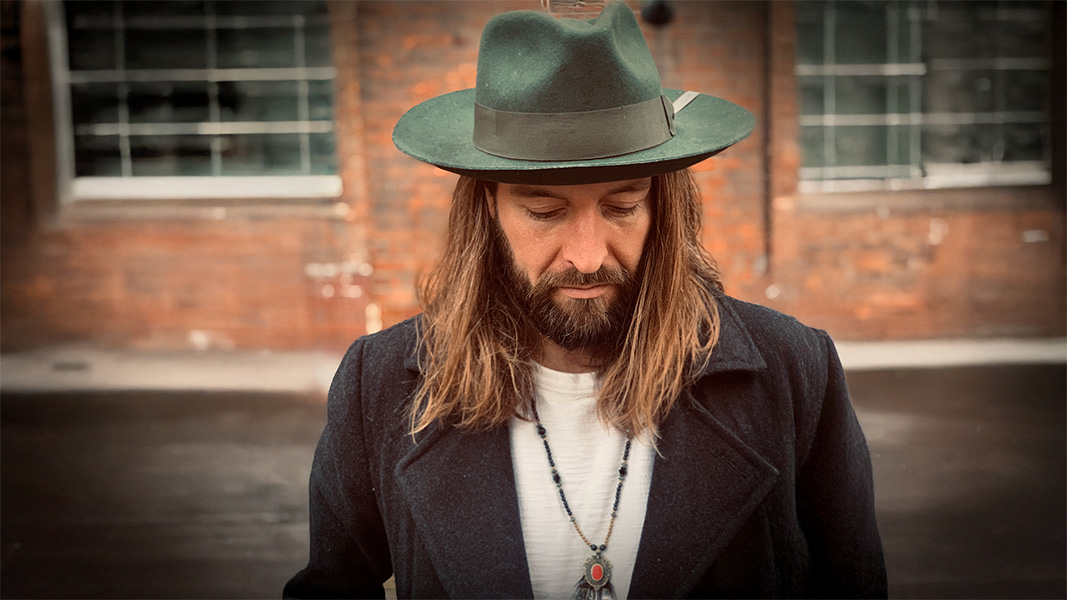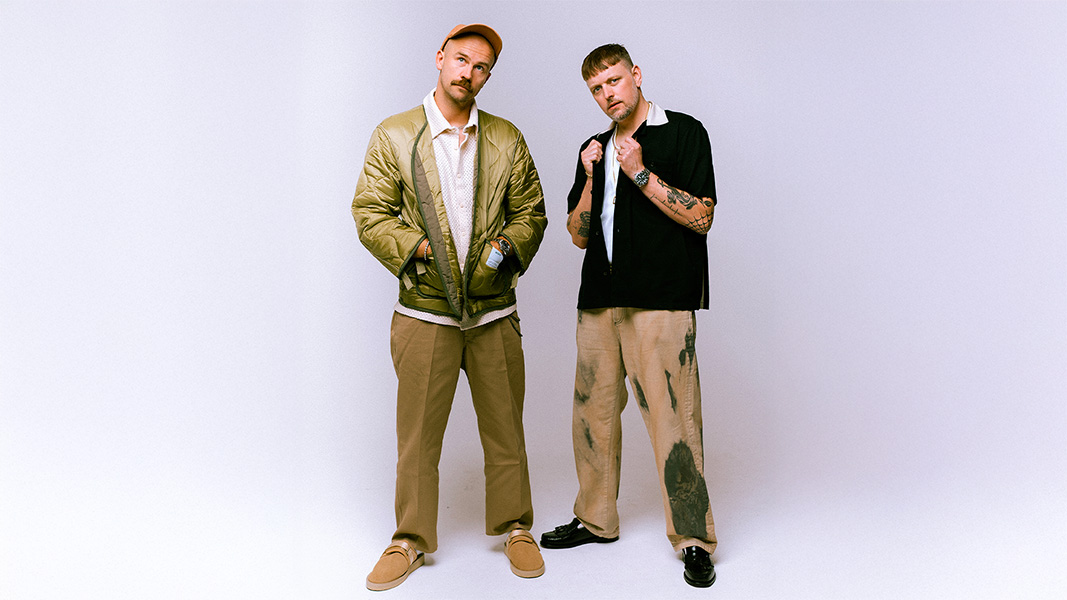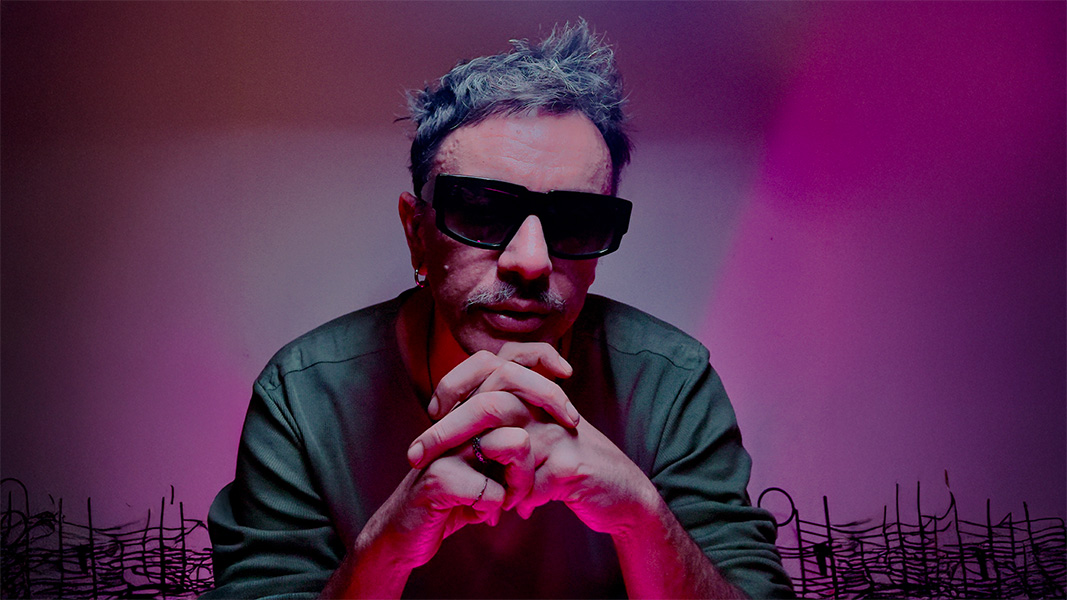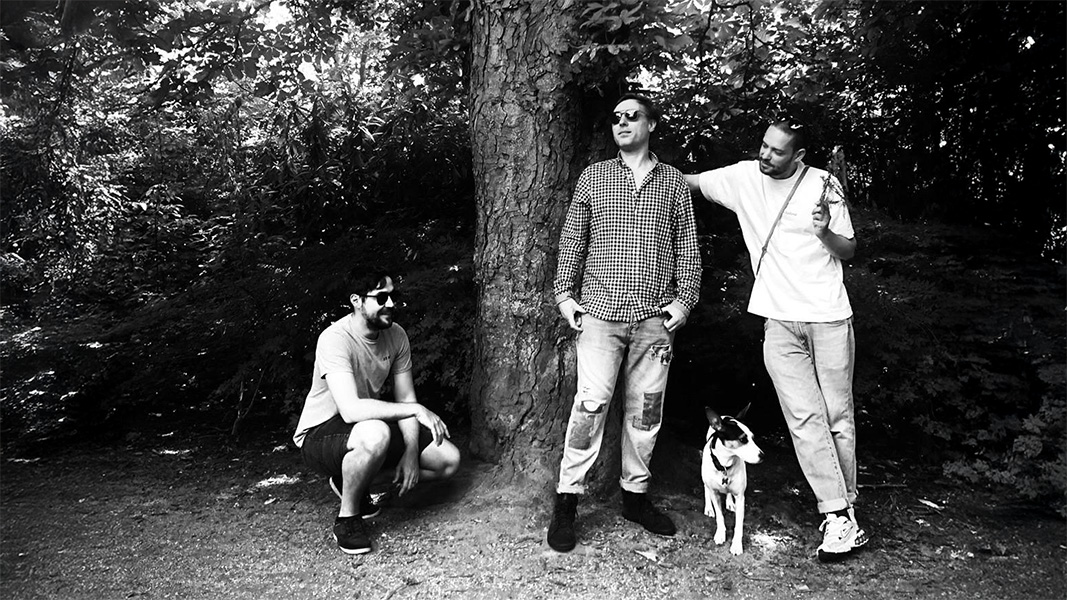The music industry has never moved at such an incredible pace as it does today, from the way music is distributed and consumed to the performances of artists themselves and the various tools they use. Music streaming has revolutionised the consumption path for fans around the world and with this in mind it was perhaps only a short time till this phenomenon ruptured the other side of the industry and became an important part of the technical arsenal for artists and in particular, djs. As you know at When We Dip we like to stay on top of both our music and our tech, so we recently caught up with the guys at San Francisco based Pulselocker, a platform that intends to allow djs to utilise the benefits of of streaming in their sets through a subscription based service. With some incredibly innovative technology and the licensing agreements to make their platform a success, it appears Pulselocker are set to provide a viable alternative to the old school purchase and download method.
1) Alvaro (Chief Product Officer at Pulselocker), great to be in touch, we’ve already filled our readers in a little on Pulselocker but what we would like to know is, where did the idea for this fantastic project come from?
Pulselocker´s concept originated around the end of 2010 but It wasn´t until much later that it became a reality. By that time I had already been working in the music industry for over ten years in distribution, licensing, A&R and label management in Europe and USA (mostly in the DJ realm) which had helped me to have a clear vision of how music is produced and a solid understanding of the physical and digital supply chain. To tell the truth, around that time I was also starting feel disappointed about how things were evolving in our industry; distribution companies and independent labels were closing left and right and due to the reigning rampant piracy it was becoming very difficult to make any sense of the sales numbers we were seeing. Simultaneously, while the mass market was rapidly embracing streaming as the new standard thanks to visionaries such as Daniel Ek, DJs whom traditionally have had the best access to technology and music, were still limited to the mp3 download model mainly due to technology limitations. All these factors combined got me to envision a legal platform that would combine the unmatchable access that streaming services offer with a unique technology that would allow for the user (as part of a monthly subscription) to securely store files in their laptops to be able to DJ all that music without an internet connection (something indispensable for DJs). That, in a nutshell represents the genesis of Pulselocker and although a lot has happened since then, we are convinced that the concept is more current than ever and it represents the way how the majority of DJs and fans will be consuming music for many years to come.
2) Putting together a service like this is a mammoth task, what was the first major milestone you guys achieved in your journey?
There have been many of them such as being able to count on the Grammy Award winner and Pulselocker CEO, Ben Harris, developing our unique prepriority technology, convincing the major and independent music industry to support Pulselocker or signing direct integration agreements with very respected software and hardware companies such as Serato or Pioneer DJ. After almost five years into it, every little step forward represents a milestone for us which keep us inspired and optimistic about the future.
3) Did you have previous experience in this field or has it been a steep learning curve?
Pulselocker is a very complex project that requires a combination of different skills. It’s also important to understand that we are breaking new ground by introducing a new concept and a new revenue stream for record labels and distribution companies and although we were definitely prepared from the get go to tackle some of the critical areas that such a project requires, the team has also grown with Pulselocker. It took a few years of trial and error to evolve the product to what it is today and although we went through challenging times in the past, we feel lucky to be able to say that as of 2016, the future looks bright for Pulselocker.
4) I spoke to a key mover and shaker in the music industry recently about Pulselocker and he claimed ‘without doubt it’s the future of djing’. Have you got a lot of responses like this or has it been a slower process?
As you know, the industry and the way DJs consume music has radically evolved over the last 15 years and while in the 80´s and 90’s being a DJ was something unique, nowadays, thanks to the digital revolution, the space has grown to previously unthinkable size and status. It’s also a market that it´s still pretty segmented in terms of style, technology and general ideology about music consumption. If you look back in DJ history, you will realize that every new technical advanced has been initially received with a lot of skepticism by the community : from vinyl to mp3 stores, from turntables to computers and timecode vinyl, from beat matching to the sync button. Pulselocker in our view, represents the logical next step in the way DJs discover and consume music and although there are definitely detractors and there is still room for improvement, the product has been received very positively.
5) Having already successfully integrated with Serato you are now almost ready to go with Rekordbox, do you see this as a nice introduction to a larger number of European subscribers?
The is not doubt that Pioneer DJ is a very popular brand amongst DJs in Europe and they are going to help establish the Pulselocker brand on the other side of the Atlantic but at the end of the day, although different brands tend to be more popular than others in certain territories in my opinion everything boils down to personal preferences. Serato DJ over the years has become the gold standard for the Hip-Hop/ Alternative community all around the world while Pioneer DJ products have been traditionally more associated to the Electronic Music scene due to their excellent hardware (and now software). Both companies have worked really hard to get to where they are now and we feel honored to be able to help improve the experience for their customers.
6) Where do you guys go from there, is it full steam ahead to cover all the different dj platforms?
Integrating Pulselocker with every DJ platform in the market is definitely part of our strategy for the next 18 months but in parallel, we are hard at work improving the catalog and the overall customer experience. We are also in process of developing some exciting features that are probably going to raise some eyebrows but unfortunately I can not comment on them right now.
7) Has it been an easy process to convince djs to adapt the platform and fully embrace it?
It’s never easy to introduce a new workflow in the DJ space and we are very conscious of the fact that it’s going to be progressive process until the entire community embraces Pulselocker as the new standard but we are seeing a solid and steady daily flow of new subscribers from USA, Canada and Europe who are eager to test Pulselocker´s off-line capabilities and the biggest and most eclectic catalog in a DJ centric platform in the market.
8) Finally, alongside working with music day in day out, we know you guys are both music lovers and djs, humour us a little and let us know, what’s the one track in the Pulselocker database you would choose for:
Alvaro Galbete Velilla-
1. a) An Ibiza sunset?
Tullio De Piscopo “Stop Bajon (Primavera)”
1.b) The last tune at the Space Ibiza closing party?
Laurent Garnier “The Man With The Red Face”
1.c) To rescue an ailing dance floor?
Anything with a solid groove.
At Jazz & Fred Everything – “Back Together”
1.b) The last tune at the Space Ibiza closing party?
808 State – “Pacific State”
For more information about Pulselocker:
Pulselocker executive team :
Ben Harris – Chief Executive Officer
Josh Goltz – Chief Operating Officer
Alvaro Galbete Velilla – Chief Product Officer
Sean Sullivan -VP, Engineering
Pepe Verde – Head of Music

